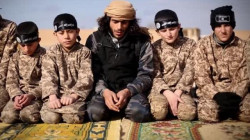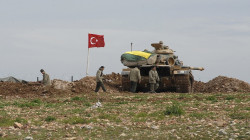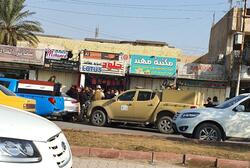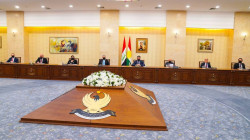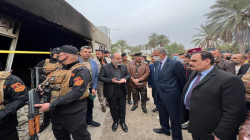HRW: Inadequate plans for camp closures in Iraq
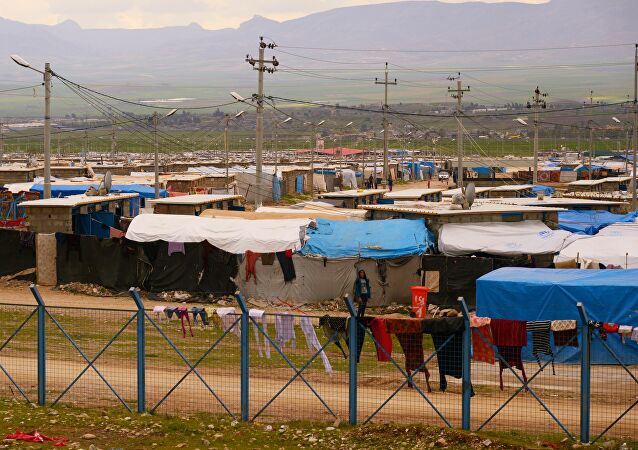
Shafaq News / Recent camp closures have stripped thousands of displaced people of essential services during the COVID-19 pandemic, with inadequate government plans for their return home, Human Rights Watch said today.
The Iraqi government’s plan to end the prolonged displacement of families who were uprooted by fighting between ISIS and anti-ISIS forces will only succeed if the government ensures that families recently evicted from camps for displaced people can safely return to their previous homes or go to new shelters, with full access to electricity, water, and healthcare services.
“After these families’ years in limbo, it is positive that the government is trying to find durable solutions for families displaced by fighting,” said Belkis Wille, senior crisis and conflict researcher at Human Rights Watch. “But this strategy will only succeed if it builds on lessons learned from previous camp closures and forced returns in which aid was cut off and people were left completely on their own.”
In March 2021, the Iraqi government endorsed a National Plan to Address Displacement in Iraq drafted by the Ministries of Planning and of Migration and Displacement. But the government has closed 16 camps over the last seven months, leaving at least 34,801 displaced people without assurances that they can return home safely, get other safe shelter, or have access to affordable services. Only two camps remain open in Baghdad-controlled territory, one in Nineveh and another in Anbar, and they are also set to close.
The Migration and Displacement Ministry announced the closures in mid-October 2020 and closed 16 camps by January 2021. Many residents were female-headed households displaced by fighting between ISIS and the Iraqi military from 2014 to 2017, and many of these families are being labeled as ISIS-affiliated. The Kurdistan Regional Government has not shut down camps in areas under its control.
